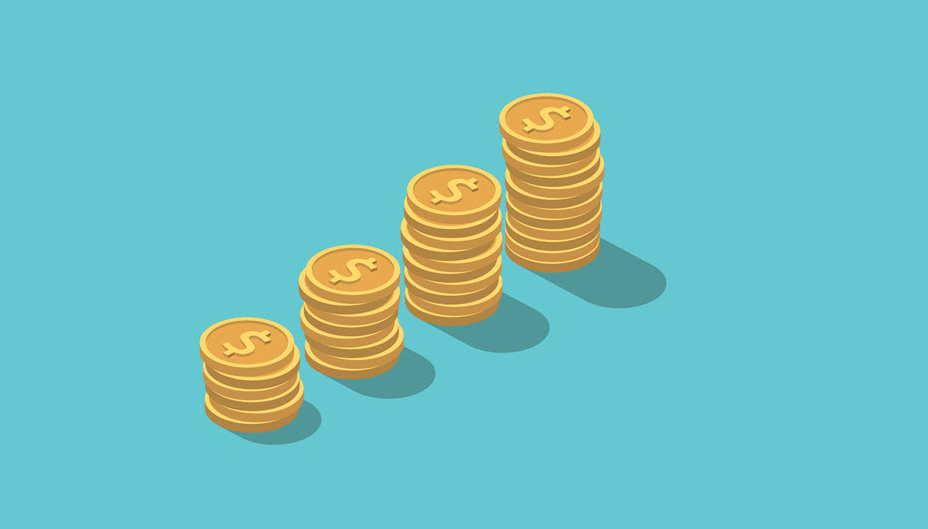What Does Ex-Dividend Mean?
Written by The Content Team
Published on June 8, 2018
minute read
Share:
Q: What does ex-dividend mean?
A: The ex-dividend date, or ex-date, tells investors if they're entitled to a security's next scheduled dividend1 payment or not. If you buy before the ex-date, you get the next dividend payout. Buy on or after the ex-date, and the next dividend payout stays with the seller.
When a stock "goes ex-dividend," it means the stock is trading without its next scheduled dividend. You'll often notice that once a stock goes ex-dividend, its stock price is reduced by roughly the amount of the dividend as compensation. (So if a security that pays a $1 dividend trades at $29 one day, it would often open trading at $28 on the ex-date since it no longer comes with that $1 dividend payout.)
How do you know when a stock has gone ex-dividend?
The ex-dividend date can found on a detailed quote. It's generally set one business day before the dividend's record date, which is the date you must be on a company's books as a shareholder in order to be eligible for any dividend.
Good to know...
- If an investor with a dividend reinvestment plan2 (DRIP) is aiming to sell his or her entire holding in a dividend-paying security, but sells on the ex-date or later, that investor will still be entitled to the next dividend. That means an investor with a DRIP could end up holding a few straggler securities of an investment he or she had intended to sell.
Find out more about dividends in Dividends, Dates and Terminology.
RBC Direct Investing Inc. and Royal Bank of Canada are separate corporate entities which are affiliated. RBC Direct Investing Inc. is a wholly owned subsidiary of Royal Bank of Canada and is a Member of the Investment Industry Regulatory Organization of Canada and the Canadian Investor Protection Fund. Royal Bank of Canada and certain of its issuers are related to RBC Direct Investing Inc. RBC Direct Investing Inc. does not provide investment advice or recommendations regarding the purchase or sale of any securities. Investors are responsible for their own investment decisions. RBC Direct Investing is a business name used by RBC Direct Investing Inc. ® / ™ Trademark(s) of Royal Bank of Canada. RBC and Royal Bank are registered trademarks of Royal Bank of Canada. Used under licence. © Royal Bank of Canada 2018. All rights reserved.
1Dividends earned pursuant to DRIP may be subject to requirements imposed by the Income Tax Act (Canada). It is your responsibility to ensure that any associated tax requirements or obligations are satisfied.
2The list of DRIP eligible securities is subject to change at any time without prior notice. RBC Direct Investing will purchase whole shares only. Some exclusions may apply. Some eligible securities such as preferred shares and voting class common shares will not reinvest into additional units of the same security but rather the underlying non-voting common share or similar security.
The views and opinions expressed in this publication are for your general interest and do not necessarily reflect the views and opinions of RBC Direct Investing. Furthermore, the products, services and securities referred to in this publication are only available in Canada and other jurisdictions where they may be legally offered for sale. If you are not currently resident of Canada, you should not access the information available on the RBC Direct Investing website.
Explore More

5 Ways to Get More Out of Your RESP
How can you make the most of this investment vehicle? We explain.
minute read

There's an ETF for That!
Find out more about the options that are out there
minute read

ETF Trends from the RBC Capital Markets Trading Floor – May 2025
Here’s what we saw on the trading floor in May 2025
minute read
Inspired Investor brings you personal stories, timely information and expert insights to empower your investment decisions. Visit About Us to find out more.







